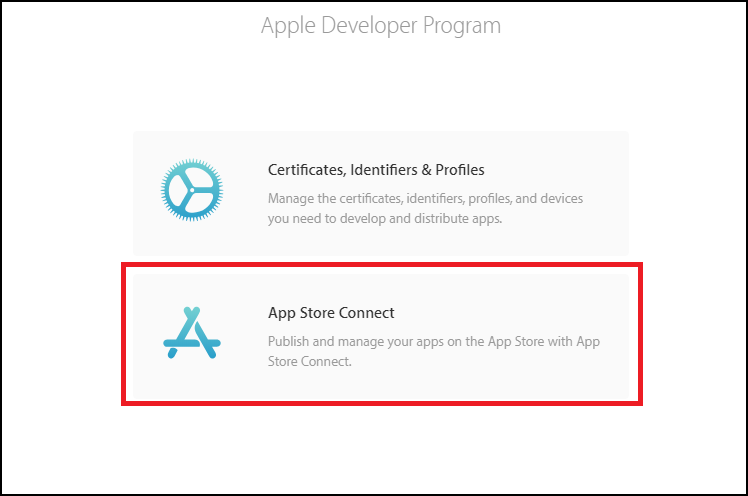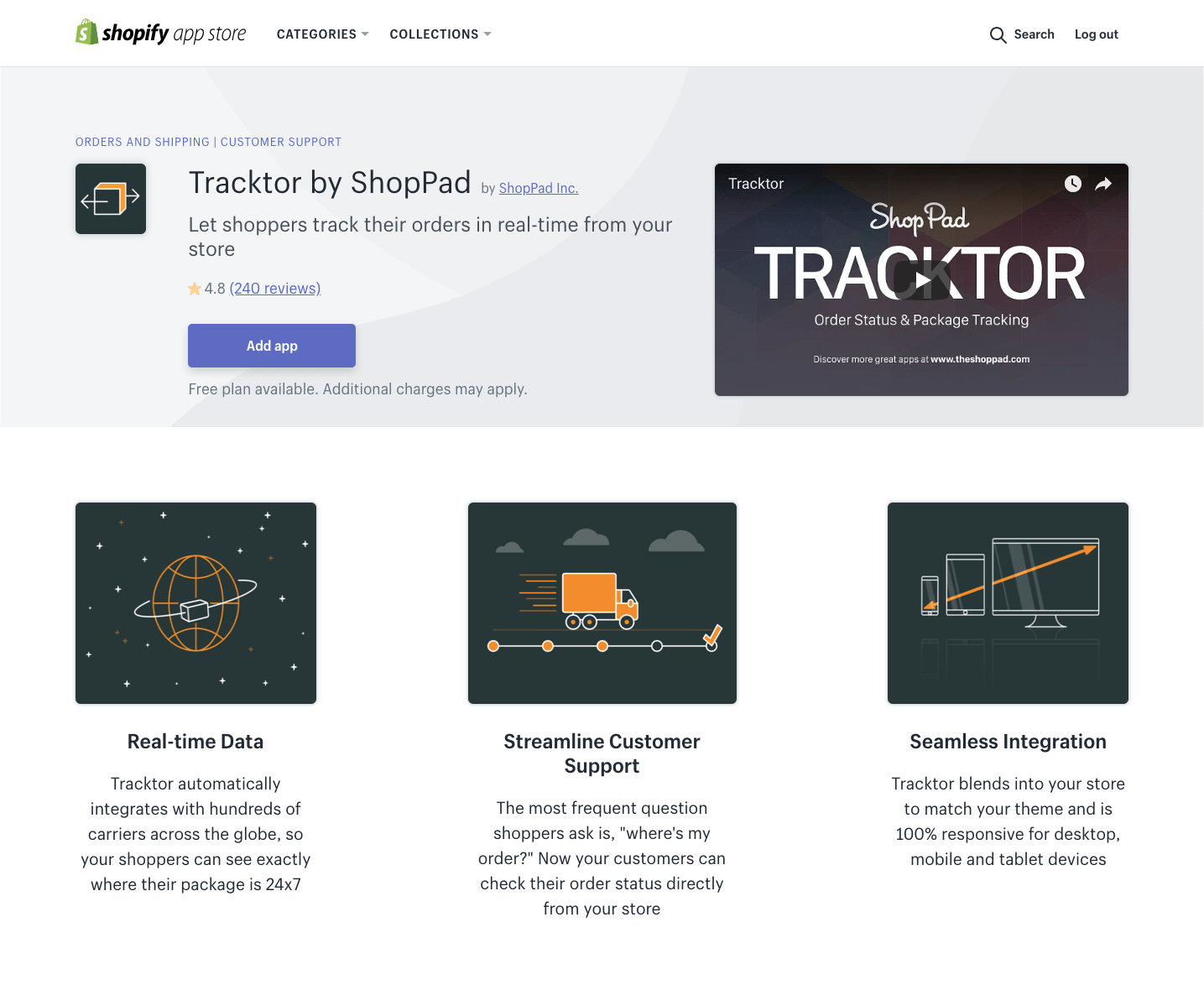

"Our goal is to restore competition once and for all, not one arbitrary, self-serving step at a time," Spotify CEO Daniel Ek tweeted this week in response to Apple's in-app linking rule change. Some of Apple's opponents, even those that have petitioned for those changes, say that they don't go far enough, and are part of a pattern of dividing its critics by placating some of them with one-off rule changes.

Apple also reduced its take to 15% for news apps that participate in Apple News, its own news app.Īpple officials say they are meaningful changes that address key concerns from software makers. Those tweaks essentially allow companies like Spotify and Tinder's parent company Match Group to bypass Apple's sometimes 30% cut of gross sales, addressing a standing complaint that dates back at least five years. Apple made some of the recent concessions because of settlements in a developer class action lawsuit in the United States and an agreement with Japan's Fair Trade Commission, although Apple is applying the changes around the world. Now there is more regulatory pressure from countries and developers around the world, and it is leading to more rule changes. A year after that, the FCC probed the company over its refusal to approve the Google Voice app.

So Apple has carved out categorical exceptions to the 30% fee, allowed software makers the ability to appeal or challenge its rules, and changed single rules in response to lawsuits or media attention.Īpple's App Store has faced controversy since its launch in 2008. The regulators and developers who criticize Apple's App Store have a variety of complaints in the past decade: Its 30% cut is too high, its manual App Review process is arbitrary and powerful, the App Store depresses prices for software and teaches consumers that updates are free. JPMorgan analyst Samik Chatterjee said in a recent note that he believed the financial impact on the company on one emailing change would be "modest" and other tweaks reducing Apple's cut for some apps to 15% would be "minimal." Apple's App Store grossed $64 billion or more in total sales in 2020, according to analysis based on Apple disclosures. Apple has historically made small changes to its " guidelines," a 13,000-word document that says what iPhone apps can and can't do, while defending its core interests that Apple has the right to determine which software can operate on iPhones, and set its own financial terms for those developers.Īpple has also not yet changed its policy of taking 30% of in-app gaming purchases, which comprise the largest category of App Store revenue.


 0 kommentar(er)
0 kommentar(er)
